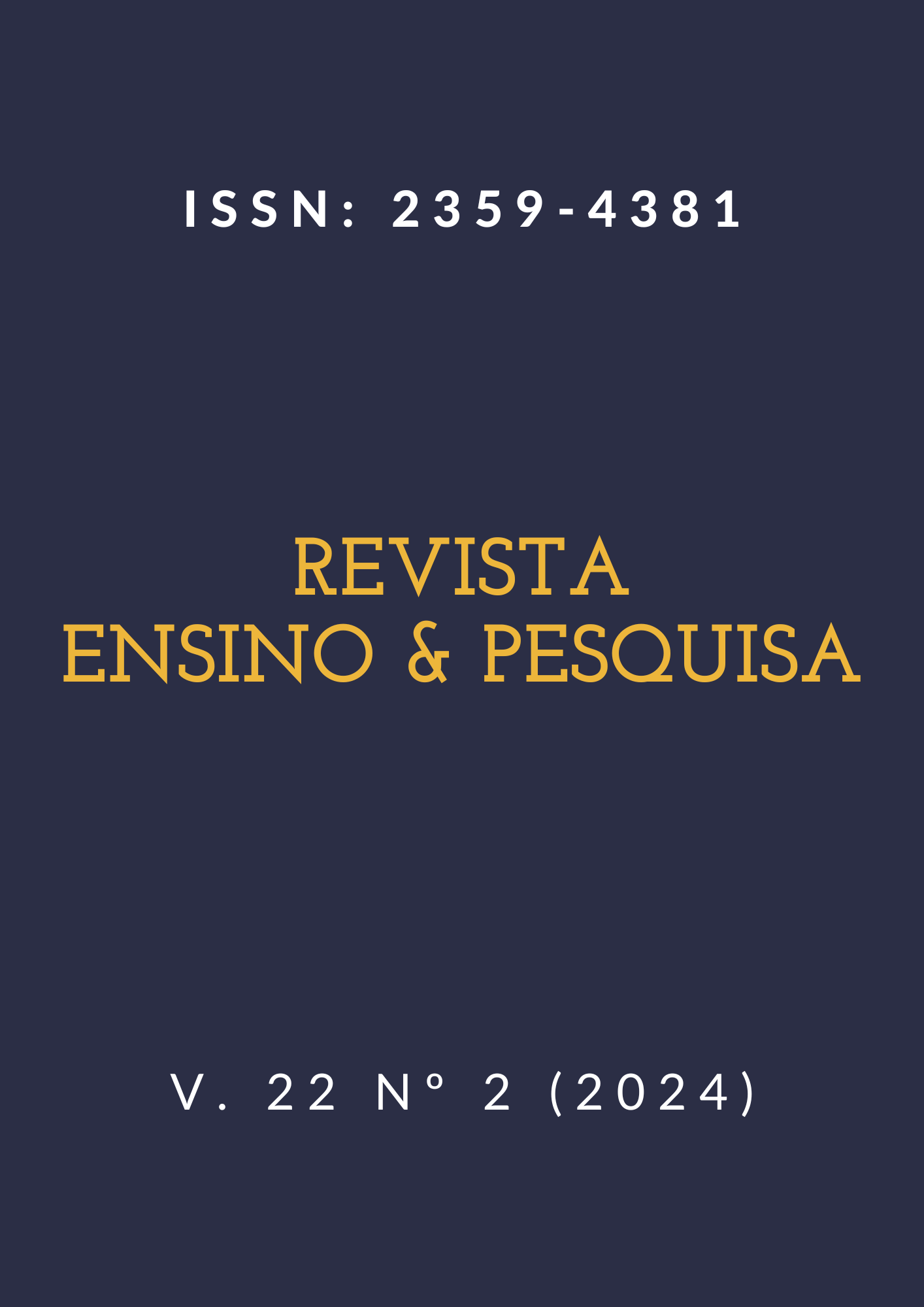A mediação e a contribuição das Tecnologias Digitais da Comunicação e Informação para a educação inclusiva
DOI:
https://doi.org/10.33871/23594381.2024.22.2.8371Abstract
Inclusive education is a fundamental principle that aims to ensure equal educational opportunities for everyone, regardless of their abilities and needs. However, people with disabilities often face several barriers that limit their access to education. In this context, Digital Communication and Information Technologies (TDCIs) emerge as powerful allies, offering tools and resources that enable mediation and overcoming these barriers. This article aims to explore the contribution of TDCIs to inclusive education, highlighting how these technologies have the potential to transform the way people with disabilities learn, participate and develop both in the educational environment and in society. The methodology adopted in this study constitutes a Narrative Literature Review (RNL), based on the reading and analysis of articles and theses related to the topic. Academic writings that address pedagogical mediation and the use of Digital Information and Communication Technologies (DITs) in inclusive education were consulted and the analysis of these works allowed an understanding of the practices, theories and perspectives that exist in this area. From the study carried out, it is concluded that TDICs are powerful tools in the teaching-learning process, as well as in the inclusion and academic progress of students in the target audience of Special Education (PAEE). It was also found that pedagogical mediation, when applied in teaching practices, contributes to better use of TDICs, providing more meaningful learning for all students and thus benefiting inclusive education. However, a lack of teacher training focused on the context of inclusive education was observed.

